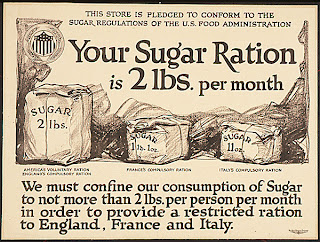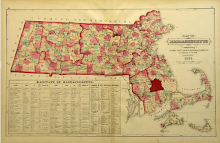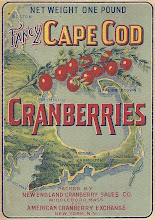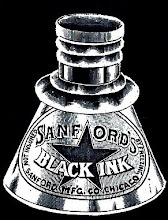 |
Plymouth County Sugar Distribution Coupon, December, 1918 |
 |
| "Your Sugar Ration", U. S. Food Administration, Poster, 1917-18 |
Writing About the History of Middleborough & Lakeville, Massachusetts
 |
Plymouth County Sugar Distribution Coupon, December, 1918 |
 |
| "Your Sugar Ration", U. S. Food Administration, Poster, 1917-18 |






Eddyville, Middleboro, Massachusetts: 1661-1987. Middleborough, MA: The Eddy Homestead Association, 1988.
LAKEVILLE
Lakeville "Center" and Assawompsett Neck
The Lakeville Historical Tour Committee Presents Dartmouth Path - The Old Stage Road. Lakeville, MA: Preserve Our Lakeville Landmarks, 2001.
The Lakeville Historical Tour Committee Presents Old Main Street and Crooked Lane & A Self-Guided Tour of Main Street. Lakeville, MA: Preserve Our Lakeville Landmarks, 2003.
Michael J. Maddigan. Lakeville's King Philip Tavern: An Illustrated History. Lakeville, MA: Preserve Our Lakeville Landmarks, 2010.
Beechwoods
The Lakeville Historical Tour Committee Presents Historic Pierce Avenue. Lakeville, MA: Preserve Our Lakeville Landmarks, 2001.
Kenneth C. Leonard, Jr. The Beechwoods Confederacy 1709-1809: The Colonial History of Beechwoods Middleboro-Taunton Precinct, Massachusetts. Bowie, MD: Heritage Books, 2003.


+of+Smoky+Mountains+018.jpg)
0 comments:
Post a Comment